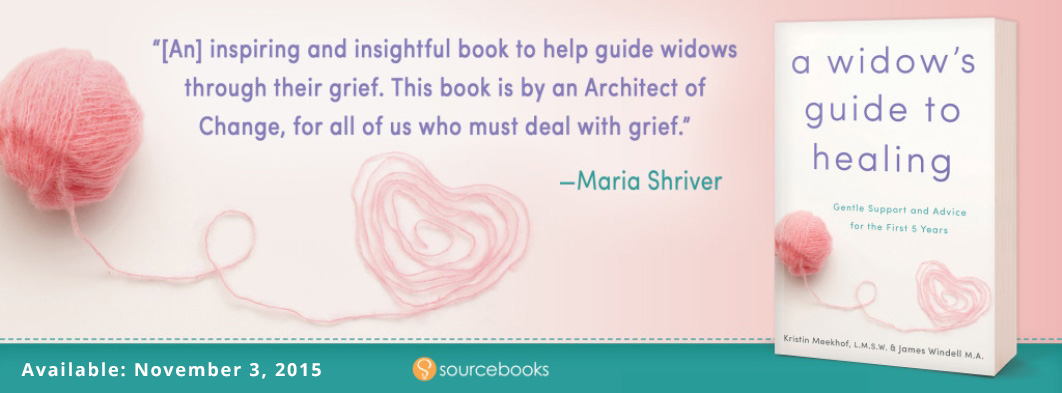8 Ways To Manage Your COVID-19 Related Anxiety

Photo: Kristin Meekhof
I’ve started writing today’s blog several times now, uncertain, both literally and figuratively of what to write. As I am composing this post, I’m sitting in my usual spot where I write, surrounded by my books, notebooks (I still write longhand) and the public radio is humming; yet, today’s writing feels different. There is a sense of urgency, and still I feel inner calm because I started my day with my same routine. I meditate, do a few journal prompts and drink my coffee. This triple- step ritual bookends my day (in the evening I substitute coffee with tea) and has for years. And in midst of real change it helps to have a bit of routine. So, if you’re wondering what you can do to bring a sense of inner- calm, here are 8 ways to manage your COVID-19 related anxiety- my piece here. I wrote it for Katie Couric’s morning Wake- Up Call Newsletter and to my delight it made it in there twice (March 12 & 14) last week. It was also was a part of the CNN’s Brian Stelter’s Saturday (March 14, 2020) newsletter.
And here are 6 Things YOU can do now to help yourself cope with the pandemic. This is a link to my newest piece for “Psychology Today”.
Also, if you find your mind on the “overwhelm” mode, here is a piece I wrote for “Organic Spa”magazine about how to do a “Mental Detox”. I had the privilege of interviewing my dear friend and mentor Dr. Deepak Chopra for the piece.
And if you’re seeking a new book to read, this one, “The Gift of Forgiveness” is beautifully written by Katherine Schwarzenegger- Pratt. It contains 22 stories (each story is a short chapter and you don’t have to read the chapters in order) of people who forgave the unthinkable. Here is a link to my piece for “Psychology Today” which to my delight was named an “Essential Topic” by Psychology Today and DeVon Franklin shared my piece too.
Finally, if you find your fears are disabling and preventing you from working or being able to keep up with your daily responsibilities, you should contact your doctor. They may recommend you seek professional therapy. Many mental health professionals, like myself, do work remotely, so you won’t need to worry about a commute. Seeking help is not a sign of weakness. It can help you discern what actions and next steps are healthy for you.








No comments yet.